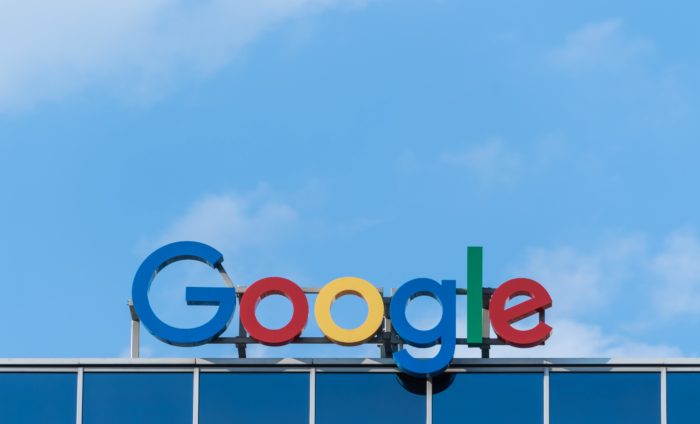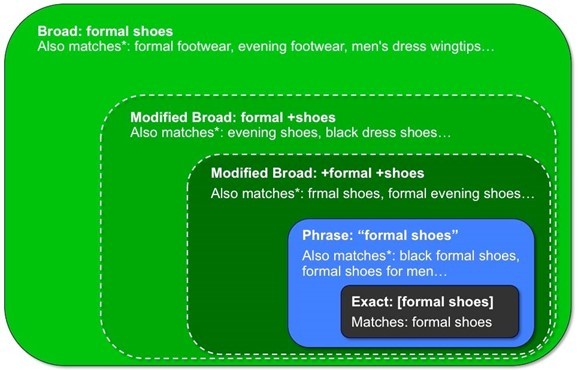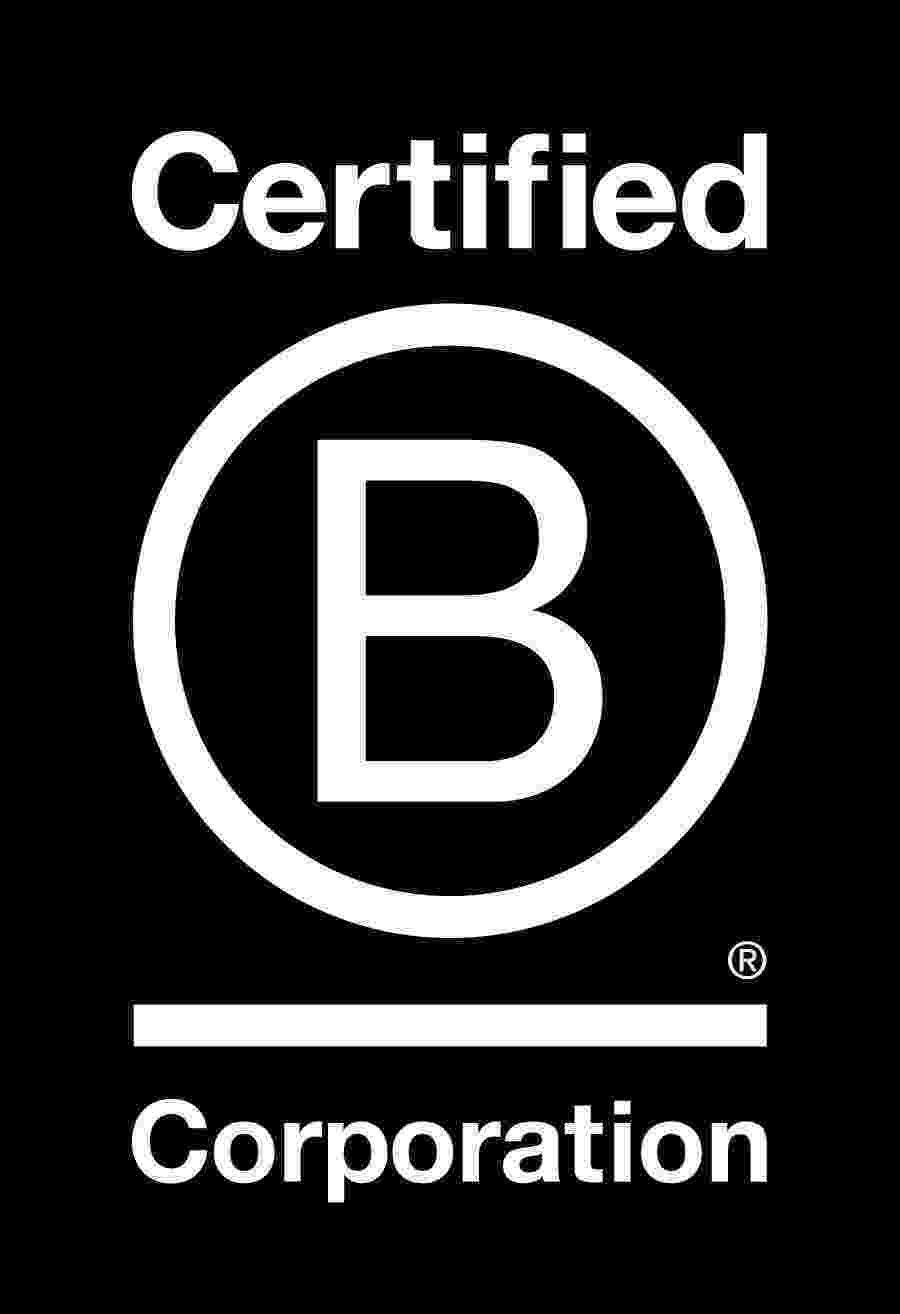2 Big Changes Google Ads

In the past few weeks, Google have announced several changes to their advertising products. This post runs through the two main changes that will affect our clients. The key outtake is that Google is pushing for more automation, with all aspects of their ecosystem being managed by AI. As an agency, we have responded to this by looking at new technology to allow us to take back control.
1. Separate Gmail campaigns will be disappearing.
Gmail advertising has become a successful direct response channel since it was launched back in 2015. In December last year, however, Google announced that Gmail Ads would be moving into a new suite of ads called “Discovery Ads” from July 2021.
This update could be positive, but the main problem is that there are clear differences between how Gmail Ads work currently versus how Gmail formats in Discovery campaigns. This is what to expect in July:
- Discovery campaigns do not support manual bid strategies. Manual bidding does not perform the best every single time, but it is nice to have the option – especially to be able to test.
- Device targeting is fully out of the advertisers’ hands in a Discovery campaign. Gmail ads will auto-optimize to devices. Again, we will see less control for the advertiser.
- Ad rotation will also go, so you will not be able to set “rotate evenly”. Instead you’ll need to leave Google optimise rotation.
The constant push towards automation and product adoption has been a big part of Google’s product strategy for the last few years; bid strategies are becoming more automated. Ad types are becoming more automated. Even entire campaigns are trying to be automated. It was only a matter of time before Gmail Ads saw the effect, too.
2. Match types will be simplified.
Today, you can reach people with the following keyword match types in paid search:
- Exact Match - a specific phrase for which you want your ad to show.
- Broad Match - if the search query is contextually like the keyword you are targeting, your ad could trigger.
- Modified Broad Match - your ads will only show for queries that contain all the words you precede with a plus sign in your keyword or phrase.
- Phrase Match - like modified broad in that your ad will show for queries that have your target keywords (in quotations) in the search query, but order does matter.

*In each ring, the keyword shown also matches the searches inside the smaller rings. Illustrative - figure not drawn to scale.
This month, Google will be phasing out Broad Match Modifier (BMM) which has been a mainstay search strategy since 2010, merging the benefits of BMM to Phrase Match. Google believes that this will add more control, which is hotly contested by the search community. In fact, this is just another step towards automated or 'smart' bidding — ultimately providing Google with even more control through AI.


